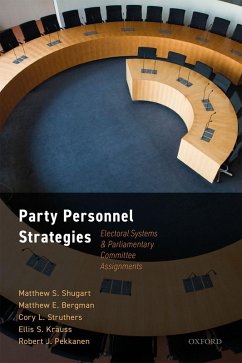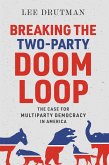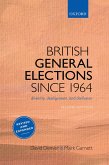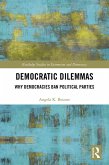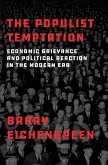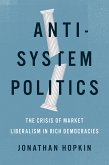Key party goals serve to advance a policy brand and maximize seats in the legislature. This book offers a theory of how political parties assign their elected members -- their "personnel" -- to specialized legislative committees to serve collective organizational goals, here known as "party personnel strategies". Individual party members vary in their personal attributes, such as prior occupation, gender, and local experience. Parties seek to harness the attributes of their members by assigning them to committees where their expertise is relevant, and where they may enhance the party's policy brand. However, under some electoral systems, parties may need to trade-off the harnessing of expertise against the pursuit of seats, instead matching legislators according to electoral situation (e.g. marginality of seat) or characteristics of their constituency (e.g. population density). This book offers an analysis of the extent to which parties trade these goals by matching the attributes of their personnel and their electoral needs to the functions of the available committee seats. The analysis is based on a dataset of around six thousand legislators across thirty-eight elections in six established parliamentary democracies with diverse electoral systems.
Dieser Download kann aus rechtlichen Gründen nur mit Rechnungsadresse in A, B, BG, CY, CZ, D, DK, EW, E, FIN, F, GR, HR, H, IRL, I, LT, L, LR, M, NL, PL, P, R, S, SLO, SK ausgeliefert werden.

